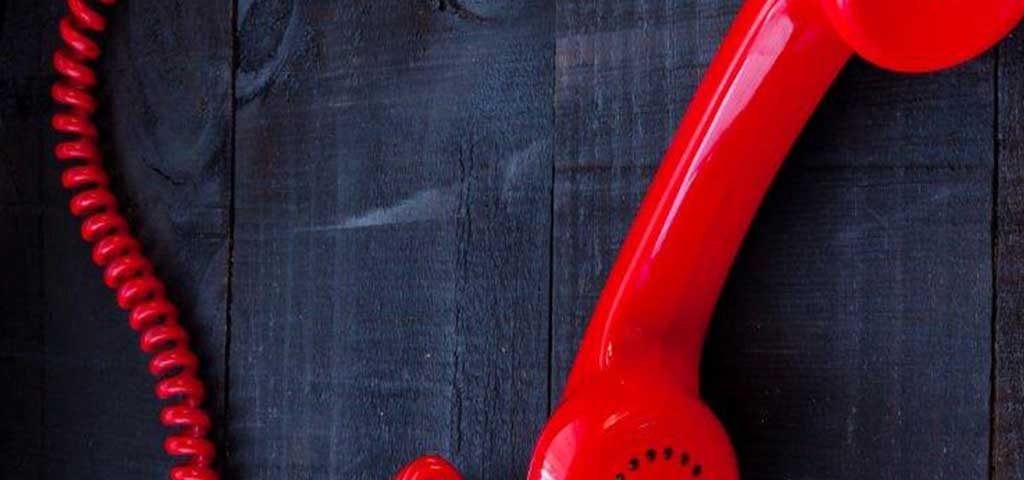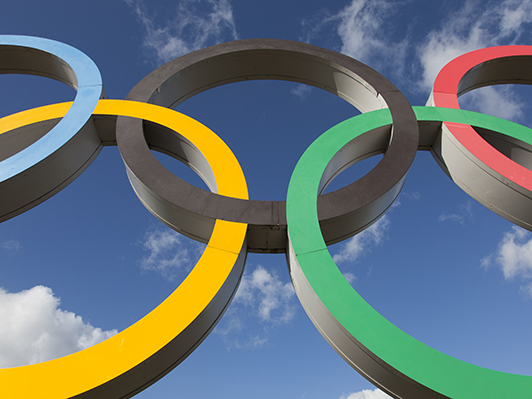
Integrity Programs: What Are We Waiting For?
October 21, 2016
Hotline – Best Practices
January 11, 2017USA Gymnastics, which has been criticized for not promptly reporting suspected sexual abuse, has appointed Deborah J. Daniels, a former federal prosecutor and currently managing partner of Indianapolis-based Krieg DeVault LLP, to conduct an independent review of its handling of sexual misconduct.
USA Gymnastics is also an active member of the SafeSport program launched by the U.S. Olympic Committee (USOC) to address various forms of abuse in sports. The program, which recently named its board of directors, is expected to gain higher visibility in 2017. USOC says SafeSport will provide education, resources, and training, to help members of the sports community recognize, reduce, and respond to misconduct in sport.
Observers everywhere would hail these efforts as necessary initial steps that will help USA Gymnastics restore confidence among athletes and parents. At the same time, compliance professionals would like to see the organization adopt one critical component of an effective compliance program – anonymous and confidential reporting of concerns and complaints.
Such a mechanism would enable athletes and staff at the organization to alert higher-ups about suspected wrong doings. USA Gymnastics suffered a black eye earlier in the year when the Indianapolis Star alleged in a detailed expose that the organization had failed to alert authorities to many allegations of sexual abuse by coaches. Tips and complaints from an effective whistleblower hotline could have helped USA Gymnastics address and remedy the situation before it was broadcast to the nation by the newspaper.
The operative term here is an “effective” hotline. It is not enough to simply provide a telephone number and hope for the best. The organization must also make clear that whistleblowers need not fear retaliation and, indeed, that top leadership would welcome hearing about suspect behavior. Some organizations even offer financial rewards to whistleblowers, or extra vacation days, for tips that unearth illegal or inappropriate behavior.
Compliance professionals rightly emphasize that the hotline should be managed by an independent third-party. Potential whistleblowers are more likely to trust an independent outside party and, besides, third-party providers typically are experienced in managing whistleblower calls and equipped to provide management insightful hotline data, reports, and analyses of the effectiveness of the hotline.
As Kobi Kastiel, co-editor, Harvard Law School Forum on Corporate Governance and Financial Regulation, notes “creating a culture in which internal reporting is valued and where tipsters are protected is essential to preventing and detecting suspected unethical or unlawful conduct. A positive tone from the top of a company may ease the stigma of utilizing a company hotline, making employees feel less intimidated when they decide whether to report to the internal hotline in the future.”
In this regard, Steve Penny, president of USA Gymnastics, sent the right message when he hailed the appointment of Deborah Daniels to conduct an independent review. “We believe Deborah’s review of our current practices against today’s standards in this critical area, coupled with interviewing members of the gymnastics community and authorities in related areas, will generate recommendations on what needs refinement to further promote athlete safety,” he said.
In sunny times and under ideal circumstances, an integrity & compliance program seems like an academic exercise to sports organizations, and many appear loath to make the necessary effort. It often takes unpleasant publicity for their leaders to appreciate that an effective program could have prevented small problems from developing into a large scandal.
***This Blog is reposted with permission from the Society of Corporate Compliance and Ethics.***


